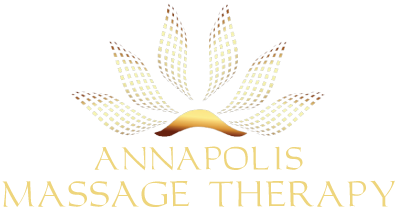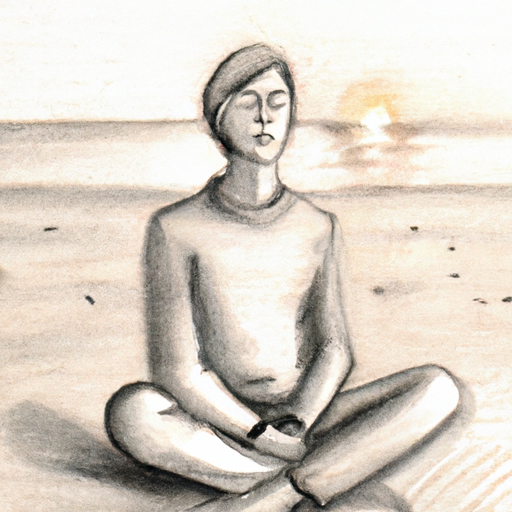In today’s fast-paced and demanding world, stress has become an inevitable part of our lives. Whether it’s due to work pressures, relationship problems, or financial concerns, stress can have a significant impact on our physical and mental well-being. However, there are effective ways to manage and alleviate stress, and one such method is through the practice of meditation and relaxation techniques. In this article, we will delve into the various aspects of stress management, including its symptoms, causes, and diagnosis. We will then explore the power of meditation as a tool for relaxation and stress reduction. Finally, we will discuss how combining meditation with therapy can provide a holistic approach to treating and managing stress effectively. So, if you’re looking for ways to find peace amidst the chaos and regain control over your life, read on to discover the transformative benefits of meditation and relaxation for stress management.
1. “Understanding the Impact of Stress: Symptoms, Causes, and Diagnosis”
Stress has become an integral part of modern life, affecting individuals of all ages, professions, and backgrounds. The impact of stress on our physical and mental well-being cannot be underestimated. Understanding the symptoms, causes, and diagnosis of stress is crucial in managing and mitigating its effects.
Symptoms of stress can manifest themselves in various ways, both physically and emotionally. Common physical symptoms include headaches, muscle tension, fatigue, and gastrointestinal problems. On the emotional front, stress can lead to irritability, anxiety, depression, and difficulty concentrating. These symptoms can vary from person to person, and their severity may depend on the individual’s ability to cope with stress.
Determining the causes of stress is essential for effective stress management. Stress can arise from a wide range of sources, including work-related pressures, financial difficulties, relationship issues, and major life changes. External factors, such as environmental or societal stressors, can also contribute to an individual’s stress levels. Identifying the specific triggers that lead to stress is crucial in developing appropriate coping mechanisms.
Diagnosing stress can be challenging, as it does not have clear-cut diagnostic criteria like other medical conditions. However, healthcare professionals can assess stress levels through various methods. Interviews, questionnaires, and self-reporting scales are commonly used to evaluate stress symptoms and their impact on daily life.
2. “The Power of Meditation: Techniques for Relaxation and Stress Management”
In today’s fast-paced and hectic world, stress has become an inevitable part of our lives. Whether it’s due to work pressures, relationship issues, or financial concerns, stress can take a toll on our mental and physical well-being. Fortunately, there are various techniques available that can help us manage and reduce stress. One such powerful technique is meditation.
Meditation has been practiced for centuries and is known for its numerous benefits, particularly in promoting relaxation and stress management. It involves focusing one’s attention and eliminating the stream of thoughts that often clutter our minds. By doing so, meditation helps in achieving a state of deep relaxation, calmness, and tranquility.
There are several meditation techniques that can be used for relaxation and stress management. One of the most popular techniques is mindfulness meditation. This technique involves paying attention to the present moment without judgment. It helps individuals become aware of their thoughts, emotions, and physical sensations, allowing them to observe them without getting caught up in them. Mindfulness meditation has been scientifically proven to reduce stress, anxiety, and even symptoms of depression.
Another technique is guided visualization meditation. This involves using mental imagery to create a peaceful and calming scene in the mind. By visualizing a serene environment like a beach, forest, or mountains, individuals can transport themselves mentally to that place and experience a sense of relaxation.
You can find out more about this theme here: https://bbgate.com/threads/synthesis-5-meo-dmt-from-5-meo-tryptamine.294/.
3. “Holistic Approaches: Combining Meditation and Therapy for Effective Stress Treatment”
Holistic Approaches: Combining Meditation and Therapy for Effective Stress Treatment
In our fast-paced and demanding world, stress has become an inevitable part of our lives. From work pressures to personal responsibilities, stress can manifest in various ways, affecting our physical and mental well-being. While traditional methods like therapy and medication have long been used to manage stress, there is a growing interest in adopting holistic approaches that combine meditation and therapy for more effective stress treatment.
Meditation, an ancient practice that originated in Eastern cultures, has gained significant popularity in recent years due to its proven benefits in reducing stress and promoting relaxation. By focusing attention and eliminating the clutter of thoughts, meditation helps individuals achieve a state of mental clarity and calmness. Regular meditation practice can train the mind to be more resilient to stress triggers, allowing individuals to respond to stressful situations with a greater sense of calm and perspective.
Therapy, on the other hand, provides individuals with a safe and supportive environment to explore and address the underlying causes of stress. Through various therapeutic techniques, individuals can gain insight into their thoughts, emotions, and behaviors, empowering them to make positive changes in their lives. Therapy helps individuals identify stressors, develop coping mechanisms, and build resilience to manage stress more effectively.

